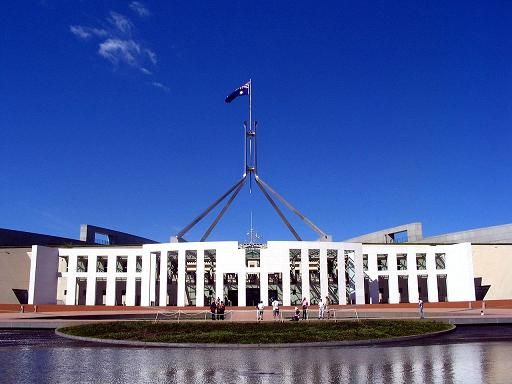ACT government announces 100% renewables target
The government of the Australian Capital Territory has announced a target to meet 100 per cent of its energy needs from renewable sources by 2025

The government of the Australian Capital Territory (ACT) has announced a target to meet 100 per cent of its energy needs from renewable sources by 2025.
Chief Minister of the ACT Andrew Barr unveiled the target at the ACT Labor Party conference on Saturday.
The ACT, home to the Australian capital Canberra, already had a 90 per cent renewables target for 2020, but will now target 100 per cent by 2025.
Addressing the Labor Conference, Barr said: “Canberra can and should be a beacon for everyone who realises the world must act decisively now to stave off a future of catastrophic climate change.”
The ACT has already commissioned three wind farms with a total capacity of 200 megawatts as well as three solar power parks totalling 44 megawatts that will take the territory to 60 per cent renewables by 2017, according to estimates.
An additional 200 megawatts of wind capacity and 50 megawatts of next generation solar capacity will help the government reach the 90 per cent clean energy target by 2020.
An evaluation will then take place to determine what is required to reach 100 per cent renewables, according to Energy minister Simon Corbell.
The ACT has no domestic fossil fuel industry within its territory and is able to implement clean energy policies more easily than other territories.
The new ACT target compares to the federal target of 23.5 per cent of the country’s energy coming from renewables by 2020 rising to 50 per cent by 2030.
There is reportedly more ambition on the state level with Tasmania already virtually at 100 per cent renewables, South Australia having a 50 per cent renewable energy target for 2025 which to be achieved early, and Queensland having a 50 per cent renewable energy target.
Victoria has also announced plans to support the construction of wind turbines and rooftop solar power projects to boost its clean energy sector.


